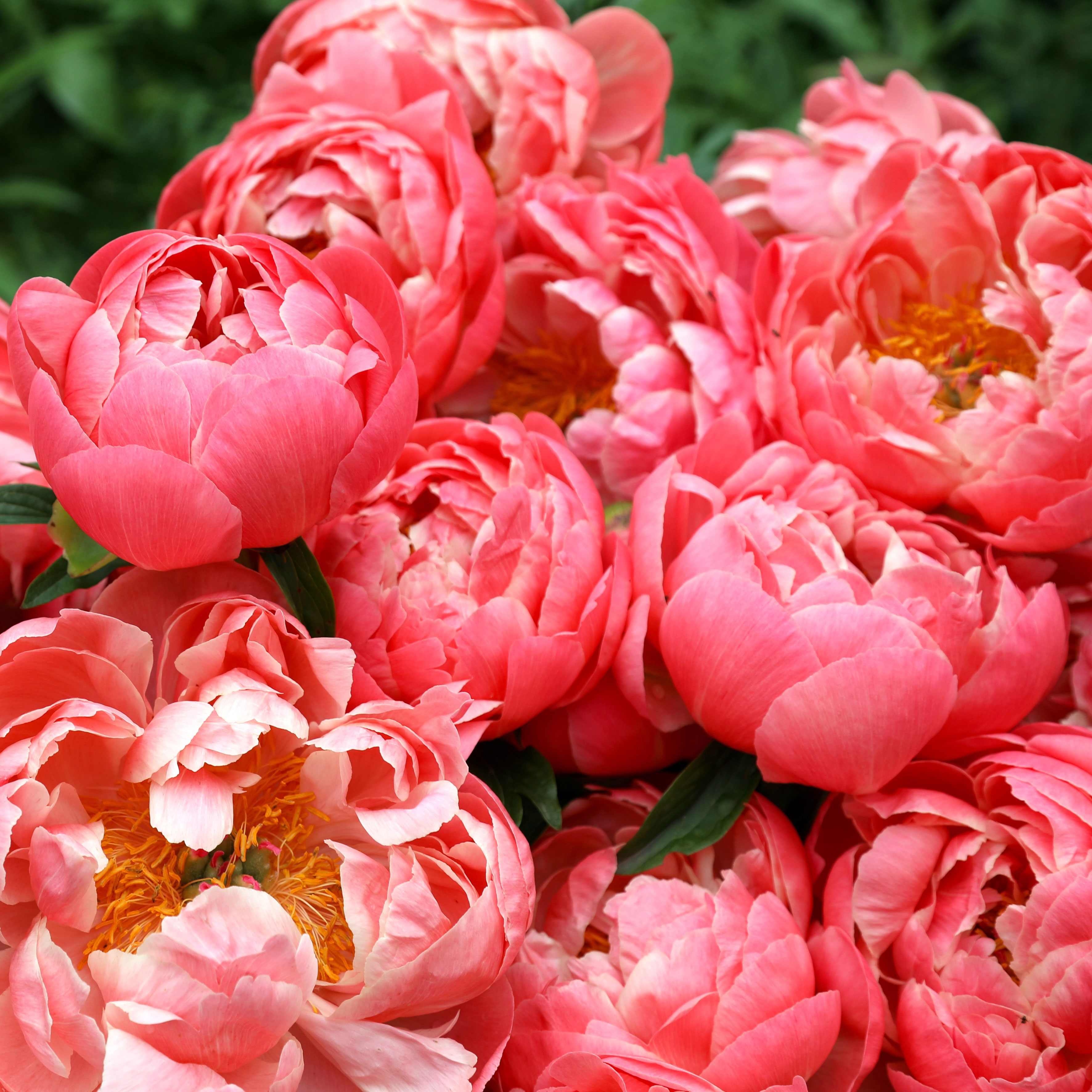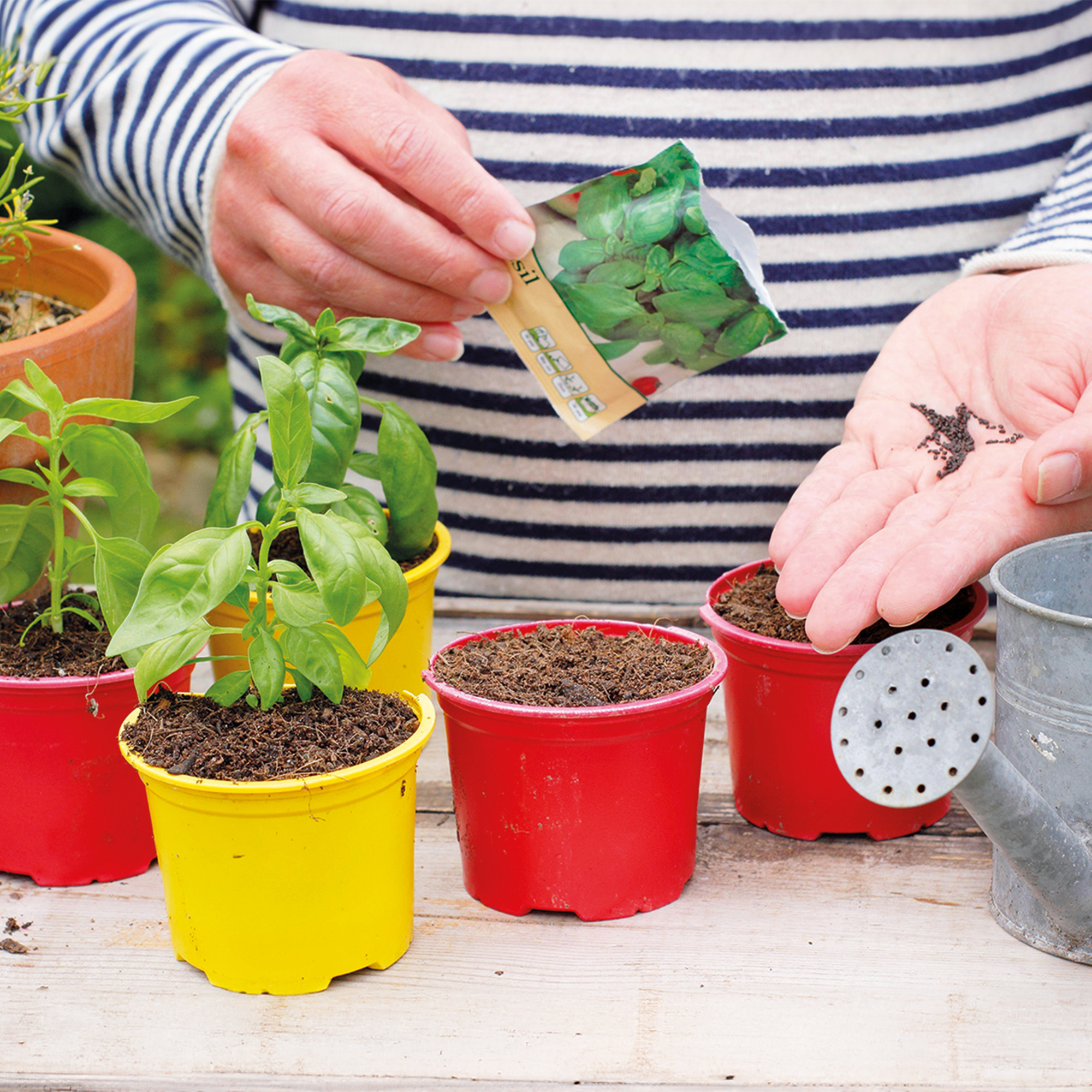Top 10 Questions About Weeds

Here at Gardening Know How we get lots of questions, and our goal is to provide answers to those inquiries to the best of our knowledge. Many questions relate to the bane of all gardeners: weeds.
Check out the list below, which includes the 10 most commonly asked questions about weeds in the landscape and garden and see if we have the solution to your biggest weed problem.
1. How do you control crabgrass in a vegetable garden? Crabgrass is one of the most insidious of botanical pests. It is invasive and a champion at reseeding itself. You can attempt to use herbicide, but you run the risk of killing your vegetable plants.
The only really safe way to manage crabgrass is to pull it out by hand, roots and all. You can make pulling it up easier by pouring hot water on each tuft of crabgrass. Wait a few minutes and then work the roots out.
Another method that may give you various degrees of success is to smother the crabgrass with mulch or newspaper.
2. Question about killing dandelions. Dandelions provide food for insects and birds, and their deep taproots actually fertilize grass with calcium they draw from the soil. If you can manage to view them as helpful, they are a boon to the lawn.
And dandelion control is tough. They crop up just about everywhere and are difficult to get under control. Because their seeds travel far and wide, control methods may be needed every year.
Gardening tips, videos, info and more delivered right to your inbox!
Sign up for the Gardening Know How newsletter today and receive a free copy of our e-book "How to Grow Delicious Tomatoes".
While hand-pulling them takes time and effort, it may be the most effective way to remove dandelions. Use a trowel to dig out the entire, long taproot.
Organic herbicide is one good solution. The best time to use herbicide to manage dandelions is before they flower. A pre-emergent chemical or corn gluten applied in winter will prevent any dormant dandelion seeds from germinating.
3. What can you use to kill bindweed? This climbing vine that resembles morning glory is challenging to control in the garden because the root system is extensive. Killing these weeds for good may require a few attempts.
For an organic method, try pouring boiling water on the weeds. Another organic strategy is to put in more aggressive plants. Bindweed will struggle to out-compete these, especially if you amend the soil to make it richer and to support the growth of the more aggressive plants.
As a last resort, simply prune back bindweed regularly.
4. When should I use a pre-emergent? A pre-emergent is an herbicide that is supposed to prevent weeds from sprouting in the spring. They kill seeds, prevent germination, and kill early root systems. To use a pre-emergent effectively, you must get it down before you actually see any weeds. For winter annuals, apply a pre-emergent in the fall. For summer annuals, apply in the spring. If you are uncertain, early spring is best for applying a pre-emergent.
5. How to get rid of chickweed? Chickweed is a tricky weed to eliminate, but one of the most effective management strategies is to simply pull it out by hand from garden beds. The root system is shallow, so getting it all out is not that difficult. All of the root must be removed to totally eliminate the chickweed.
For chickweed invasions in the lawn, the most effective strategy is to pull the weed out, dig out the soil down to a few inches and fill it in with organic weed killer and fertilizer. Over time the chickweed will die and grass will fill in the space.
6. How to keep weeds out of vegetable garden? Keeping weeds out of the vegetable garden is a common problem. Using mulch in the vegetable garden is a good and natural way to control weeds, but it is not necessarily 100 percent effective. By keeping out the sunlight, mulch will limit weed growth to a manageable level. Any weeds that do sprout and grow through the mulch can be hand-pulled.
Pine straw and bark mulch are good choices, but spoiled hay is also an option. Local farms will sell it cheaply, and if you bury weeds several inches deep in this hay, they will never see the light of day.
7. How long should I wait to plant after spraying weed killer? The last thing you want to do is plant everything only to have it all die the next day. Weed killers can prepare a bed for your plants, but you need to be sure it will have dissipated by the time you start the garden. Most are designed to evaporate within 24 to 78 hours.
8. How to get rid of weed trees in the garden? Weed trees are those little sprouts you get from the trees in your yard and garden. They can be a real hassle to get rid of because hand-pulling is really the only truly effective management strategy.
Start pulling the seedlings when they are small. They are easy to pull out, but the longer you wait the bigger they will grow and the more force will be required to remove them. Of course, a permanent solution to the problem is to eliminate the tree that's producing the weeds.
9. What is a pet friendly weed eliminator? Most dogs, and even cats, love to eat grass, so if you have household pets and weeds, you need to be careful with where and how you use herbicides. This is why pet-friendly weed killer is so important.
Some organic alternatives that you can try for weed killing include boiling water and a vinegar spray. If you have an area of soil where you don't want any plants to grow, you can add salt or sugar to the water.
An organic pre-emergent, which is something that prevents weeds from germinating and growing, is another option. In this case, try sprinkling cornmeal.
10. Are there organic alternatives? We suggest consulting your local garden center and university extension service to learn about the best ways to kill the weeds in your area without harming the environment. There are organic products available, as well as homemade options.
We all have questions now and then, whether long-time gardeners or those just starting out. So if you have a gardening question, get a gardening answer. We're always here to help.

Mary Ellen Ellis has been gardening for over 20 years. With degrees in Chemistry and Biology, Mary Ellen's specialties are flowers, native plants, and herbs.
-
 ‘Coral Charm’ Peony Care For Sublime Semi-Double Peonies With Lush Salmon Pink Flowers
‘Coral Charm’ Peony Care For Sublime Semi-Double Peonies With Lush Salmon Pink FlowersPeonies are known for their soft baby pink or magenta tones, but if plushy coral blooms are your thing, here’s our guide to the ultimate ‘Coral Charm’ peony care
By Tonya Barnett
-
 How To Grow Seeds Quickly: 8 Expert Tricks For Fast Flowers & Crops
How To Grow Seeds Quickly: 8 Expert Tricks For Fast Flowers & CropsIt's never too late to start growing! Jump-start your flower or vegetable garden with these pro tips and tricks for germinating seeds in record time.
By Amy Grant